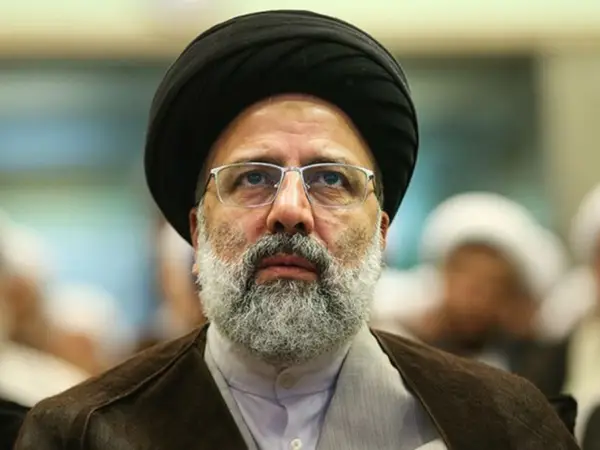In an unexpected move, the Council on Foreign Relations (CFR) has invited Iran’s President, accused of gross human rights violations, for a meeting this month.
Although no announcement could be found on CFR’s website, a member of the Council, Iranian Jewish well-known writer Roya Hakakian wrote a post on X sharing information that she was invited to the meeting but turned down the invitation. Iran International wrote to the Council on Foreign Relations asking for clarification but has not received a response at the time of this publication.
The date of the meeting is not clear, but Raisi will attend the United Nation’s annual General Assembly taking place in New York City from September 18-26.
Hakakian replied to the invitation saying, “Thank you for this invitation, which, I'm afraid, I must decline. While I am an absolutist when it comes to the value of dialogue, I see the presence of Ebrahim Raisi at the Council on Foreign Relations as a political baptism for a man who has been implicated in countless crimes…”
Raisi, a hardline cleric, who is fully loyal to Iran’s authoritarian rule Ali Khamenei, was elected president in June 2021, in a vote that excluded all the main candidates by a decision of the Guardian Council, a constitutional body composed of Khamenei supporters which reviews candidate credentials. The review is an opaque process and reasons for rejecting a candidate are never transparent.
Before becoming a president by Khamenei’s anointment, Raisi spent almost four decades in the Islamic Republic’s notorious “Judiciary”, also controlled by Khamenei since the early 1990s. It was there in 1988 when he was appointed to a small and secret “death commission” that decided to execute thousands of political prisoners serving their sentences.
In an interview with CBS’ 60 Minutes last September Raisi did not deny his involvement.
Young men and women belonging to opposition groups, some violent, were summarily tried without due process and up to 5,000 were killed in prisons.
“Dialogue is reserved for those with whom we have disagreements. For criminals like Raisi, the only venue for conversation must be a court of law,” Hakakian wrote to CFR.
But Hakakian and many other Iranian Americans are furious not just for Raisi’s culpability in one crime in 1988, but also for his role and responsibility as President during the Women, Life, Freedom protests that rocked Iran after Mahsa Amini’s death in hijab police custody last year.
As young people came into the streets to demand answers for her death, security forces armed with shotguns and military grade weapons began shooting them, a behavior that occurred repeatedly for months. The real death toll has not been announced but human rights groups have estimated that more than 500 civilians were killed, hundreds seriously injured and around 22,000 arrested. After hasty trials without due process, seven people were hanged and several face execution and the death penalty.
Raisi and his government have repeatedly said that the protests were riots instigated by the United States and have not held any law enforcement agent of official responsible. In December, he vowed “no mercy” in dealing with the protesters.
“As a proud naturalized American citizen, I cannot help but think that providing such a storied platform to such a man will be legitimizing him, and it is, therefore, an insult to the memory of the protestors who were, and are, fighting for democracy, and it is, therefore, profoundly unamerican,” Hakakian told the Council on Foreign Relations.
